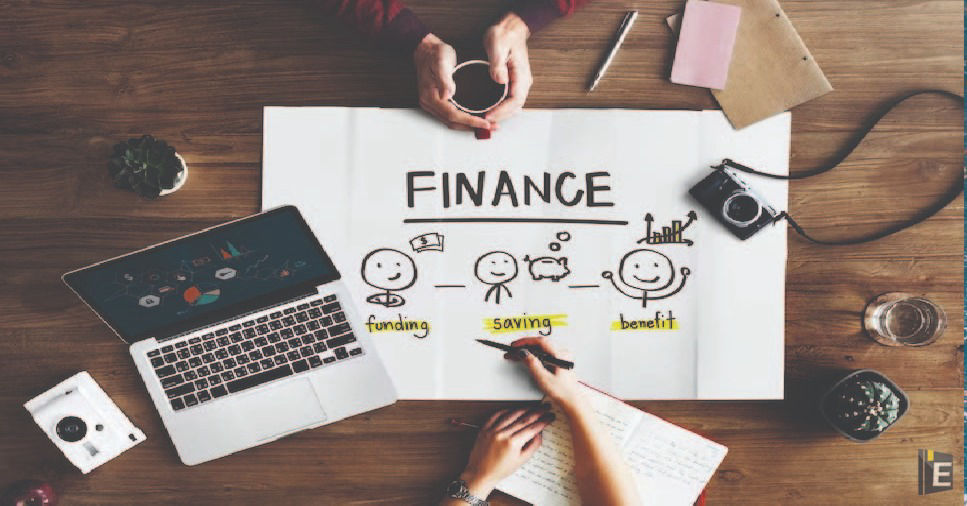Account and Finance Questions Bank Exams

Accounts are allowed to be operated by cheques in respect of:-
(A) both saving and fixed accounts
(B) saving and current accounts.
(C) current and fixed accounts.
(D) all type of accounts available.
Correct Answer : B
Explanation :
Current/cheque accounts are accounts with a cheque facility.
After how many days of non-repayment of loan installments, the loan is termed as NPA:-
(A) 120 days
(B) 180 days
(C) 90 days
(D) from the day of lapse of payment.
Correct Answer : C
Explanation :
A non performing asset (NPA) is a loan or advance for which the principal or interest payment remained overdue for a period of 90 days.
Interest on savings bank account is now calculated by banks on:-
(A) minimum balance during the month
(B) minimum balance from 7th to last day of the month
(C) maximum balance during the month
(D) daily product basis
Correct Answer : D
Explanation :
The RBI regulation states that the interest rate on your savings account is determined daily based on your closing balance. Your bank will credit your account with the interest earned on a semi-annual or quarterly basis, depending on the type of savings account you have and the bank's policy.
Which of the following is not considered a money market instrument?
(A) treasury bills
(B) repurchase agreement
(C) commercial paper
(D) shares and bonds
Correct Answer : C
Explanation :
Equity Shares is not a `Money Market Instrument.
For resolving the complaints of customers, ombudsman charges:-
(A) charges Rs. 500
(B) charges Rs. 1000
(C) charge of Rs. 100 deducted from bank account
(D) does not charge any fees
Correct Answer : D
Explanation :
Is there any charge or fee to be paid for filing a complaint with the RBI Ombudsman? No. There is no charge or fee for a customer of the RE for filing or for resolving complaints under the RB-IOS, 2021.
The special importance of banks among financial institutions comes from:-
(A) their large and heavy transactions
(B) their positions as suppliers of money
(C) their power to create money
(D) their influence on the economy
Correct Answer : C
Explanation :
Although banks do many things, their primary role is to take in funds—called deposits—from those with money, pool them, and lend them to those who need funds. Banks are intermediaries between depositors (who lend money to the bank) and borrowers (to whom the bank lends money).
Non-performing assets are those assets that are overdue for a period of more than?
(A) 90 days in interest and/or installment in term loan
(B) 90 days out of order in case of over draft or cash credit, bills purchased and bills discounted.
(C) 2 harvest seasons for advances for cultivation of short duration crops.
(D) all of the above
Correct Answer : D
Explanation :
Reserve Bank of India defines Non Performing Assets in India as any advance or loan that is overdue for more than 90 days.
The government wants to provide public sector banks "right to the passage". What is the right to the passage?
(A) the banks can raise equity capital through rights issue.
(B) the banks can seize the hypothecated goods.
(C) the banks can raise tier 1 capital
(D) the banks can issue various bonds
Correct Answer : A
Explanation :
If the RE does not respond within a period of 30 days after lodgment of the complaint or rejects the complaint wholly/partly or if the complainant is not satisfied with the response/resolution given by the RE, the complainant can lodge his complaint under the RB-IOS, 2021.
A saving bank account becomes dormant or inoperative if there is no operation in the account for the last:-
(A) 1 year
(B) 8 moths
(C) 6 months
(D) 2 years.
Correct Answer : C
Explanation :
Yes, because RBI has stipulated that a savings / current account will be classified as dormant / inoperative if there are no transactions in the account for over a period of two years.
Payment of a cheque cannot be made on a cash counter of the bank if the cheque is:-
(A) bearer
(B) cross Cheque
(C) order
(D) all of the above
Correct Answer : B
Explanation :
A cross cheque is a cheque which has to be directly deposited in the bank account of the person so mentioned. It cannot be made payable over the counter.



